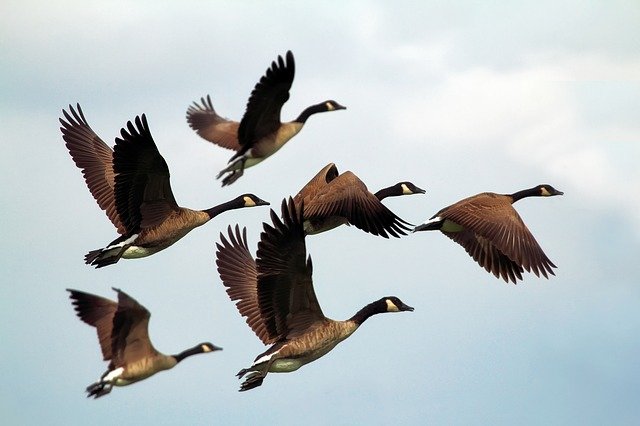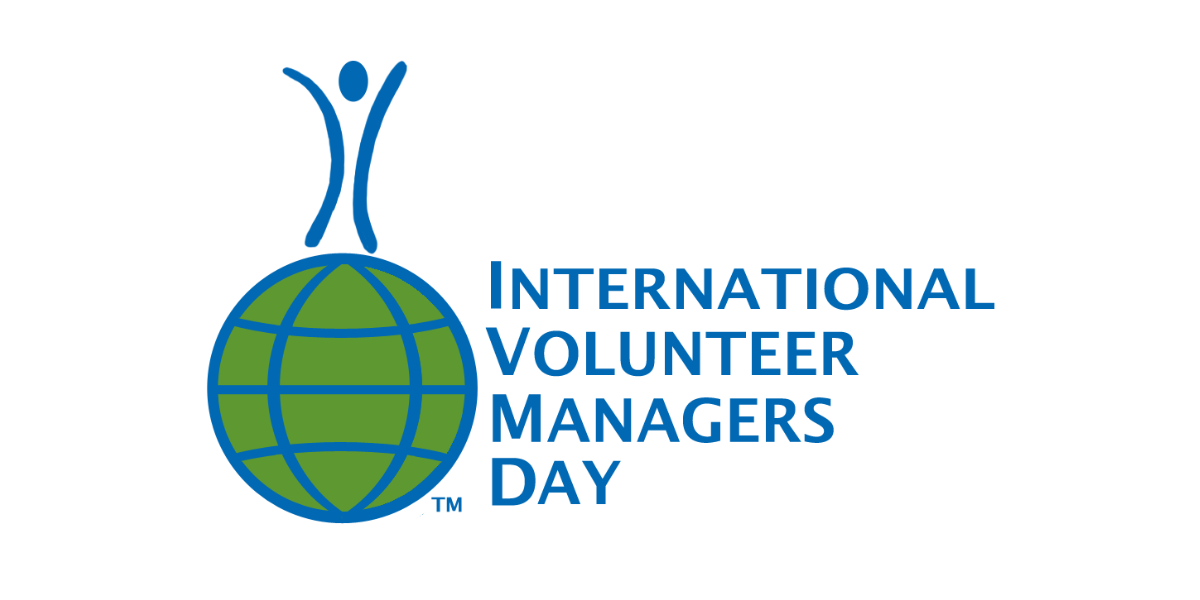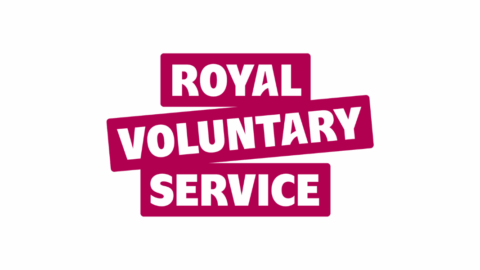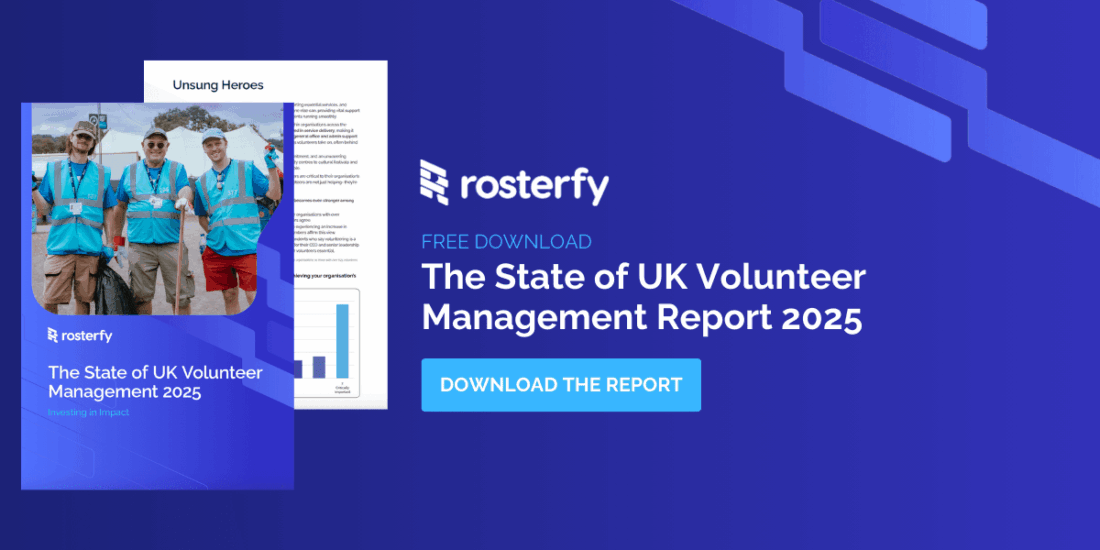by Alan Murray
Well what a year 2020 was and already early 2021 is looking pretty similar. Leading and managing volunteers in a pandemic is probably the single biggest challenge those of us who are leaders and managers of volunteers have faced in at least a generation – if not longer.
There’s been no manual for this and with guidance either being not there at all in the early days or changing and evolving regularly at short notice it has been more than a little tricky to lead and manage volunteers.
In this article we can’t give you a guidance on what to do – much as we might like to – as all situations are different. What we can do is give you a few hints and tips that might prove useful in your ongoing journey (not challenge) to lead and manage your volunteers well during this global pandemic.
We all know volunteers volunteer for people not organisations. As such key to supporting, leading and managing volunteers in the pandemic has been communication. Communication about volunteering and doing it safely, communication while volunteers can’t volunteer to keep them warm and engaged and communication about how to restart volunteering or indeed stop it again depending on changes to government/s guidance.
Outlined below are a few hints, tips and principles that may help those of you navigating this ever changing situation. You will need to decide which, if any, may be applicable or useful to your situation/organisation. Hopefully at least some of these are helpful or at least thought provoking.
- Wherever possible follow appropriate government advice rather than create your own bespoke advice around volunteering and what is or is not allowed. All four countries of the UK have issued specific guidance around volunteering (see Useful Links below).
- Many organisations have taken the view that they consider volunteering to be ‘work’ for the purposes of their operations. This makes following the appropriate country Covid-19 guidance a little easier if you read anything relating to work as also covering volunteering.
- As the vaccine roles out volunteers may be asking if this changes if they can volunteer and what they can do. At the moment as I write the government/s advice on Covid-19 restrictions is not changing regardless of whether you have or have not had the vaccine.
- Ensure those who are extremely clinically vulnerable are protected – as at Jan 2021 this means they can only volunteer from home. In Scotland and Wales there are useful tools for assessing the risk to individuals who are clinically and extremely clinically vulnerable. Some organisations have used this to assess if it is safe or not for particular volunteers to volunteer. This can be helpful as it is government guidance you can refer to that you are following if challenged by volunteers on why you are taking that approach.
- You might want to consider covering the cost of a Flu jab for your volunteers under your expenses policy – some organisations have done so.
- Zoom, Teams and any other video conferencing tools are now your new best friend. They are a great way to keep in contact with volunteers. Many volunteers previously unfamiliar with this technology now are, as a direct result of the pandemic and the need to keep in contact with family. Other volunteers familiar with these video conferencing tools can also support others in using them – just to keep in touch or indeed to run events and activities.
- Considering treating volunteers and employees the same as much as you can – saves producing separate guidance for two elements of your workforce if the guidance is and should be applicable to both. Guidance for Covid-19 secure workplaces, as an example, is the same regardless of if you are a volunteer or an employee.
- Help volunteers understand the difference between the guidance for ‘work’ and volunteering versus the stricter guidance for ‘social’ and personal activities. Just because something might be allowed for ‘social’ or personal activities does not mean it can necessarily be undertaken safely in a ‘work’ environment and vice versa.
- Trust your volunteers. For those supporting community groups of volunteers give them guidance on how to undertake activities safely and in a Covid-19 secure way. Then let them take responsibility for running those events in line with local restrictions. The BBC has a really useful guide on local restrictions – see Useful Links below.
- Some organisations have provided volunteers who are commuting to or from their volunteering or undertaking essential travel as part of their volunteering with a letter signed by the organisation they can show if challenged. Increasingly useful as authorities crack down on unnecessary travel.
- Don’t forget you can say ‘No’! Just because volunteers want to volunteer does not mean it is necessarily safe or appropriate for you to let them volunteer. Levels of risk an individual may be willing to take are not the same as the levels of risk an organisation should be prepared to manage and take or indeed legally can take.
- As always volunteering is a gift of time and it is for the volunteers to decide if they feel comfortable, or not, giving that gift of time in a global pandemic.
Ultimately it is also worth remembering a quote that a colleague shared early in the pandemic that has stayed with me since.
‘We are not all in the same boat. But we are all in the same storm.’
Everyone’s circumstances are different.
Useful Links
Governments Guidance on Volunteering and Covid-19
Volunteering will continue to be impacted as the Covid-19 pandemic continues. There is separate government guidance on coronavirus for the four nations:
- England
- Northern Ireland
- Scotland
- Volunteering-specific guidance for Scotland (Volunteer Scotland)
- Wales
- Volunteering-specific guidance for Wales (gov.wales)
Assessing Risk for Clinically and Extremely Clinically Vulnerable
Advice for Scotland
Advice for Wales
No advice issued for Scotland or Northern Ireland so some organisations are using the Welsh or Scottish version above.
Useful guide to what the rules as near you – a BBC guide
Alan Murray is a Director AVM and Head of Volunteering and Employee Engagement at the RSPB. This article was originally posted on Countryside Jobs.





